How Often Should You Update Your Passwords?
In today's digital landscape, where our lives are intertwined with technology, the question of how often to update your passwords is more relevant than ever. The truth is, your passwords are the keys to your online kingdom. They guard your personal information, financial details, and even your social connections. So, how often should you change them? The answer isn't as straightforward as you might think, but it's crucial to understand the implications of neglecting password security. Imagine leaving your front door unlocked while you go on vacation—it's a risk that could lead to significant consequences. Similarly, outdated passwords can leave your accounts vulnerable to cyber threats.
Regular password updates serve as a form of digital hygiene. Just like you wouldn't skip brushing your teeth or changing your car's oil, you shouldn't overlook the importance of refreshing your passwords. Many people assume that once they've created a strong password, they're safe for the foreseeable future. However, cyber threats are constantly evolving, and what was once secure can quickly become compromised. By routinely updating your passwords, you can stay one step ahead of potential hackers and safeguard your sensitive information.
But how often should you really be updating those passwords? Experts generally recommend changing your passwords every three to six months. However, this timeframe can vary based on several factors. For instance, if you've recently experienced a data breach or if you suspect that your account may have been compromised, it's wise to change your password immediately. Think of it as a fire drill; you want to be prepared and proactive rather than reactive when it comes to your online security.
In summary, regularly updating your passwords is not just a good practice—it's essential for protecting your online identity. The digital world is fraught with dangers, and a little vigilance can go a long way in ensuring that your personal information remains safe. So, take a moment to assess your password strategy. Are you doing enough to protect yourself? If not, it might be time for a change!
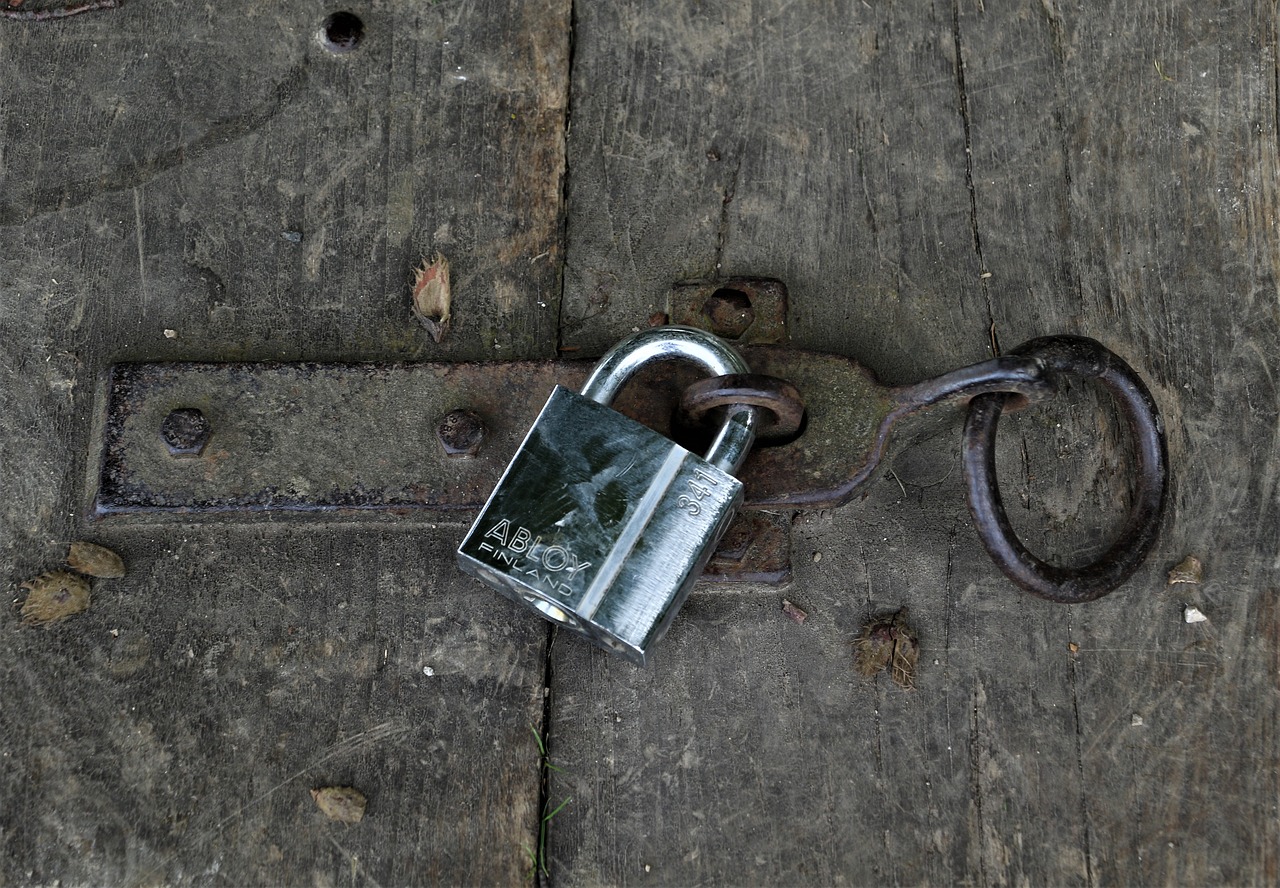
The Importance of Regular Password Updates
This article explores the importance of password updates, providing guidelines on frequency, best practices, and the implications of neglecting password security in today's digital landscape.
In today's hyper-connected world, where our lives are intertwined with technology, the importance of regular password updates cannot be overstated. Think of your passwords as the locks on your doors; if you never change them, you're leaving your home vulnerable to intruders. Cyber threats are evolving rapidly, and hackers are continuously developing new methods to breach security. Regularly updating your passwords is a proactive approach to safeguard your online accounts against unauthorized access and potential data breaches.
Consider this: every time you create a new online account, you’re essentially handing over a piece of your personal life to the digital realm. Whether it’s your banking information, health records, or social media profiles, each account holds valuable data that can be exploited if it falls into the wrong hands. By updating your passwords regularly, you’re not just protecting your current information but also mitigating the risks associated with past breaches that could still affect your accounts.
So, why do we often neglect this crucial aspect of online security? One reason is the sheer convenience of using the same password across multiple platforms. It’s tempting to stick with what’s easy, but this approach is like using the same key for your home, car, and office; if someone gets hold of that key, they have access to everything. Regular updates can help you break this cycle of convenience and force you to create unique passwords for different accounts.
Additionally, many services and platforms now have built-in security features that alert users to suspicious activity or potential breaches. If you receive such a notification, it’s a clear sign that it’s time to change your password. Ignoring these alerts can lead to dire consequences, including identity theft or financial loss. Regular updates serve as a safety net, allowing you to stay one step ahead of potential threats.
In summary, updating your passwords regularly is a fundamental practice in maintaining your online security. It’s not just about keeping your accounts safe today; it’s about ensuring your digital future remains secure. The more proactive you are in this regard, the less likely you are to fall victim to cybercrime. So, grab your digital toolbox and start reinforcing those locks!
Experts suggest a general guideline for how often you should change your passwords, taking into account factors like account sensitivity and potential exposure to breaches.
Several factors can influence how often you should update your passwords, including the type of account, usage patterns, and recent security incidents.
For accounts involving sensitive information, such as banking and healthcare, more frequent updates are advisable to minimize risks associated with data breaches.
Conversely, accounts with less sensitive data may not require as frequent updates, but regular checks are still essential to maintain overall security.
Recognizing signs that indicate it's time to update your passwords can help you proactively protect your accounts from potential threats and vulnerabilities.
Adopting best practices when creating passwords can significantly enhance your security, making it more difficult for hackers to gain unauthorized access.
A strong password typically includes a mix of letters, numbers, and special characters, along with sufficient length to provide better protection against brute-force attacks.
Being aware of common password-related mistakes, such as reusing passwords or using easily guessable information, can help you avoid compromising your online security.
- How often should I change my passwords? It's generally recommended to update your passwords every 3 to 6 months, or immediately if you suspect a breach.
- What makes a strong password? A strong password should be at least 12 characters long and include a mix of uppercase letters, lowercase letters, numbers, and special characters.
- Should I use a password manager? Yes! A password manager can help you create and store complex passwords securely, making it easier to manage multiple accounts.
- What should I do if I think my password has been compromised? Change your password immediately, enable two-factor authentication, and monitor your accounts for any suspicious activity.
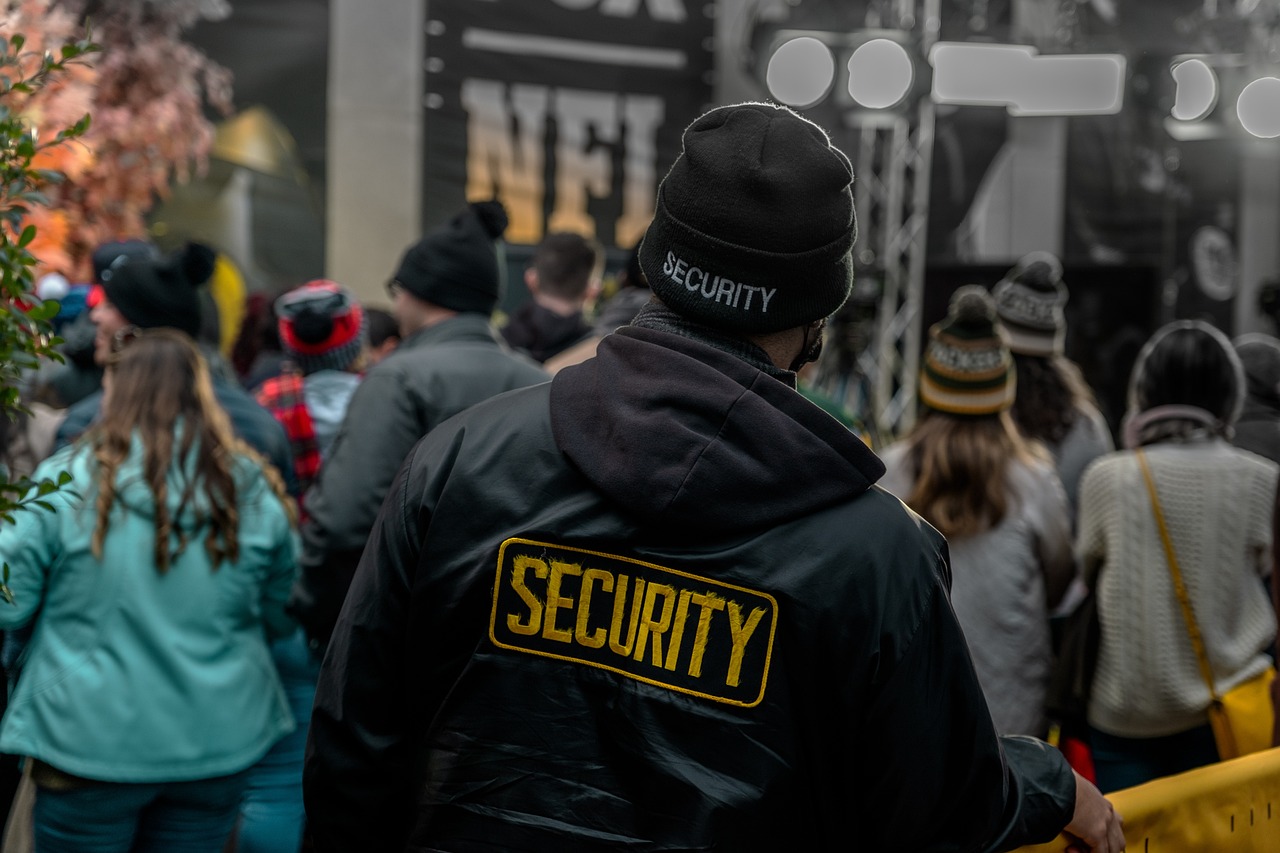
Recommended Update Frequency
When it comes to updating your passwords, there isn't a one-size-fits-all answer. The frequency with which you should change your passwords largely depends on several key factors. Experts generally recommend changing your passwords every three to six months as a baseline, but this can vary. For instance, if you have an account that holds sensitive information, such as your bank account or medical records, you might want to consider updating your password every one to three months. Think of it like changing the locks on your house; the more valuable the contents, the more often you should ensure that your security measures are up to date.
On the other hand, for accounts that contain less sensitive information, like a social media account or a forum profile, updating your password every six months to a year may suffice. However, it’s crucial to remain vigilant. If you hear about a data breach affecting a service you use, it's a good idea to change your password immediately, regardless of when you last updated it. This is especially important given the increasing number of cyber threats that target personal information.
To help you gauge when to update your passwords, consider the following factors:
- Account Sensitivity: Accounts that store sensitive data should be updated more frequently.
- Usage Patterns: If you frequently log into an account, it may be more susceptible to unauthorized access.
- Security Incidents: Any news of a data breach related to a service you use should prompt an immediate password change.
In summary, while a general guideline is to change your passwords every three to six months, it’s essential to tailor this frequency to the type of account and your personal usage. Staying proactive about your password management can significantly reduce the risk of falling victim to cyber threats.
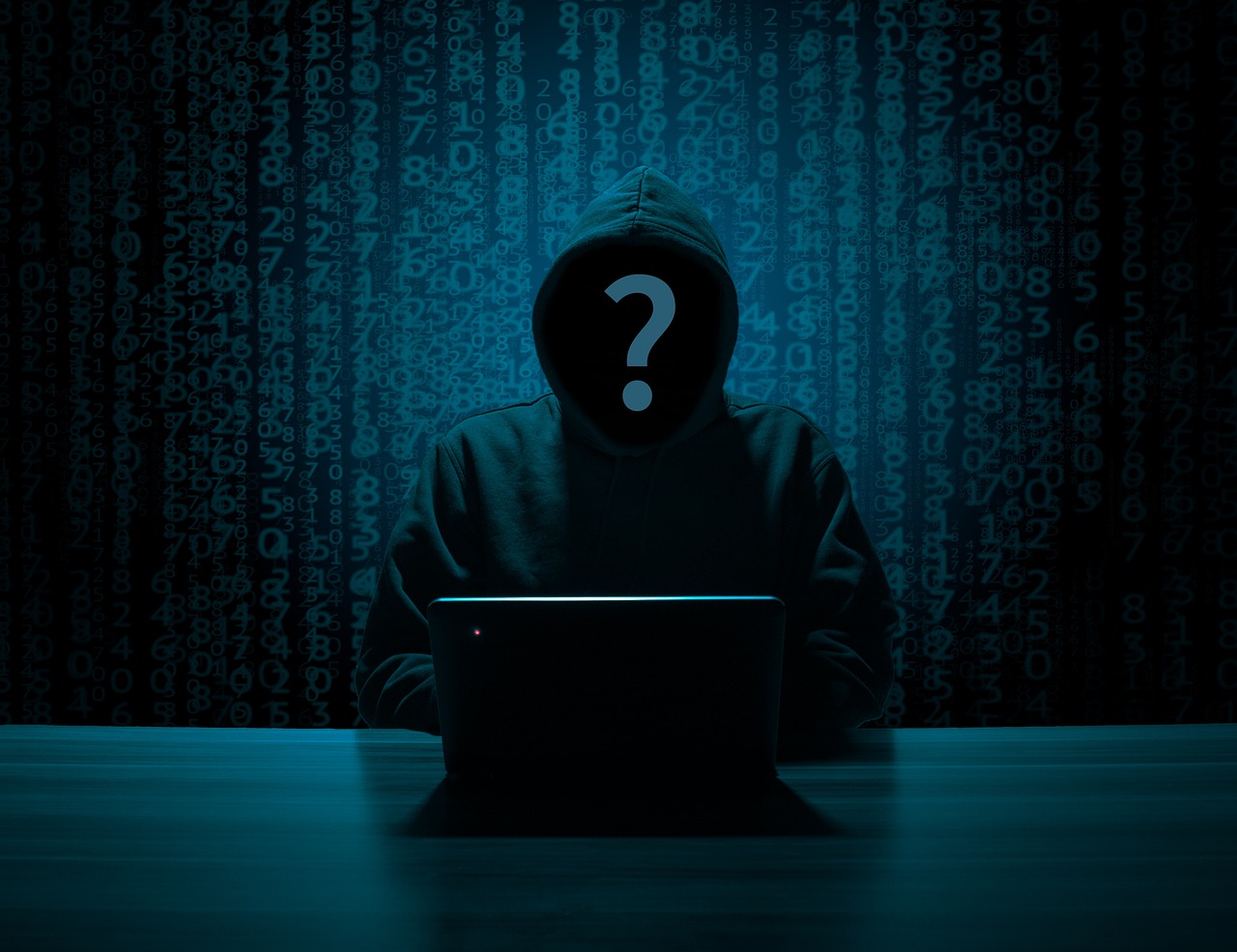
Factors Influencing Update Frequency
When it comes to updating your passwords, not all accounts are created equal. In fact, several factors can influence how often you should hit that "change password" button. First and foremost, consider the type of account you are dealing with. For instance, your banking and email accounts, which hold vast amounts of personal information, require more frequent updates compared to social media accounts. Think of it this way: if your bank account were a house, you wouldn’t just leave the front door unlocked, would you? You’d want to change the locks regularly to keep unwanted visitors out.
Another critical factor is your usage patterns. If you frequently log in and out of an account, or if you use it for sensitive transactions, it’s wise to change your password more often. On the flip side, if you have an account that you rarely access, you might be able to stretch the update frequency a bit. However, don't let infrequent use lull you into a false sense of security. Cyber threats can lurk anywhere, and even dormant accounts can become targets.
Recent security incidents also play a significant role in determining when to update your passwords. If a service you use has reported a data breach, it’s imperative to change your password immediately. Think of it as a fire drill; you wouldn’t wait until the smoke starts to fill the room to evacuate, right? You’d act swiftly to ensure your safety.
To summarize, the main factors influencing how often you should update your passwords include:
- Account Sensitivity: Higher sensitivity requires more frequent updates.
- Usage Patterns: Frequent access means more updates.
- Security Incidents: Breaches necessitate immediate changes.
By being aware of these factors, you can better navigate the complex landscape of password management and keep your online presence secure. Remember, your passwords are the keys to your digital life, so treat them with the care they deserve!
Q1: How often should I change my password?
A1: It is generally recommended to change your password every 3 to 6 months, but more frequent changes are advisable for sensitive accounts.
Q2: What should I do if I suspect my password has been compromised?
A2: If you suspect your password has been compromised, change it immediately and enable two-factor authentication for added security.
Q3: Can I use the same password for multiple accounts?
A3: It’s best to avoid reusing passwords across different accounts to minimize the risk of multiple accounts being compromised if one is hacked.
Q4: What makes a strong password?
A4: A strong password typically includes a mix of uppercase and lowercase letters, numbers, and special characters, and is at least 12 characters long.

High-Security Accounts
When it comes to , the stakes are often much higher than with your average online profile. Think about it: these accounts hold sensitive information that, if compromised, could lead to significant financial loss, identity theft, or even a breach of your personal privacy. Examples of such accounts include those related to banking, healthcare, and government services. These platforms often contain data that, in the wrong hands, can be weaponized against you. Therefore, it’s crucial to treat these accounts with the utmost seriousness when it comes to password management.
Experts recommend updating passwords for high-security accounts every three to six months as a best practice. This frequency helps to minimize the risk of unauthorized access, especially in a world where data breaches happen more frequently than we’d like to admit. For instance, if a hacker gains access to a database and your password is part of that leak, they could exploit your account unless you’ve taken proactive steps to change your credentials.
Furthermore, the nature of high-security accounts often means that they are more likely to be targeted by cybercriminals. Phishing attacks, for example, are rampant, and these attackers are constantly looking for ways to trick you into revealing your login information. Therefore, it’s essential to not only change your password regularly but also to employ additional security measures.
Consider using two-factor authentication (2FA) as an extra layer of defense. This requires you to provide two forms of identification before accessing your account, making it much harder for unauthorized users to break in. You might also want to explore password managers, which can help you generate and store complex passwords securely, ensuring that you don’t fall into the trap of reusing passwords across different platforms.
In summary, when managing high-security accounts, remember that your password is your first line of defense. Regular updates, combined with strong password practices and additional security measures, can significantly enhance your protection against potential threats. Treat your passwords like you would a key to your house—never leave them lying around, and always change them if you suspect they may have been compromised.
- How often should I change my password for high-security accounts? It's generally recommended to change them every three to six months.
- What makes an account high-security? Accounts that hold sensitive personal information, such as banking or healthcare, are considered high-security.
- Is two-factor authentication really necessary? Yes, it adds an extra layer of security that can significantly reduce the risk of unauthorized access.
- Can I use the same password for multiple accounts? No, it’s crucial to use unique passwords for different accounts to minimize risk.

Low-Security Accounts
When it comes to , the stakes are undeniably lower compared to high-security ones like your bank or healthcare portals. These accounts might include social media profiles, online forums, or even subscription services that don’t handle sensitive information. While it may seem like a walk in the park to ignore password updates for these types of accounts, it’s crucial to remember that neglecting them can still lead to unwanted surprises.
Even if these accounts don’t house your most confidential data, they can still be a gateway for cybercriminals to access more sensitive information. For instance, a hacker who gains entry to your social media account could potentially reset passwords for other accounts linked to the same email address. That’s why, while you may not need to change your passwords as frequently as you would for high-security accounts, staying vigilant is key.
So, how often should you consider updating passwords for low-security accounts? A good rule of thumb is to review them every three to six months. This timeframe allows you to keep your accounts secure without the overwhelming burden of constant changes. Additionally, if you notice any unusual activity or receive notifications about data breaches, it’s time to take immediate action, regardless of the account's perceived security level.
Here are some quick tips to keep in mind for low-security accounts:
- Use unique passwords: Even for less critical accounts, avoid reusing passwords. Each account should have its own unique password to minimize risk.
- Enable two-factor authentication: Whenever possible, activate two-factor authentication. This adds an extra layer of security that can make it significantly harder for unauthorized users to gain access.
- Monitor account activity: Regularly check your account activity for any suspicious behavior. If something looks off, change your password immediately.
In summary, while low-security accounts may not require the same level of attention as their high-security counterparts, they still deserve a fair share of your vigilance. By implementing regular password updates and adhering to best practices, you can significantly reduce the risk of unauthorized access and keep your digital life secure.
Q: How often should I change my passwords for low-security accounts?
A: It's generally recommended to change passwords for low-security accounts every three to six months, or immediately if you notice any suspicious activity.
Q: Is it necessary to use complex passwords for low-security accounts?
A: While complex passwords are always a good idea, you can opt for simpler combinations for low-security accounts. However, ensure they are unique and not easily guessable.
Q: What should I do if I suspect my low-security account has been compromised?
A: If you suspect any unauthorized access, change your password immediately and review your account activity for any unusual actions. Consider enabling two-factor authentication for added security.
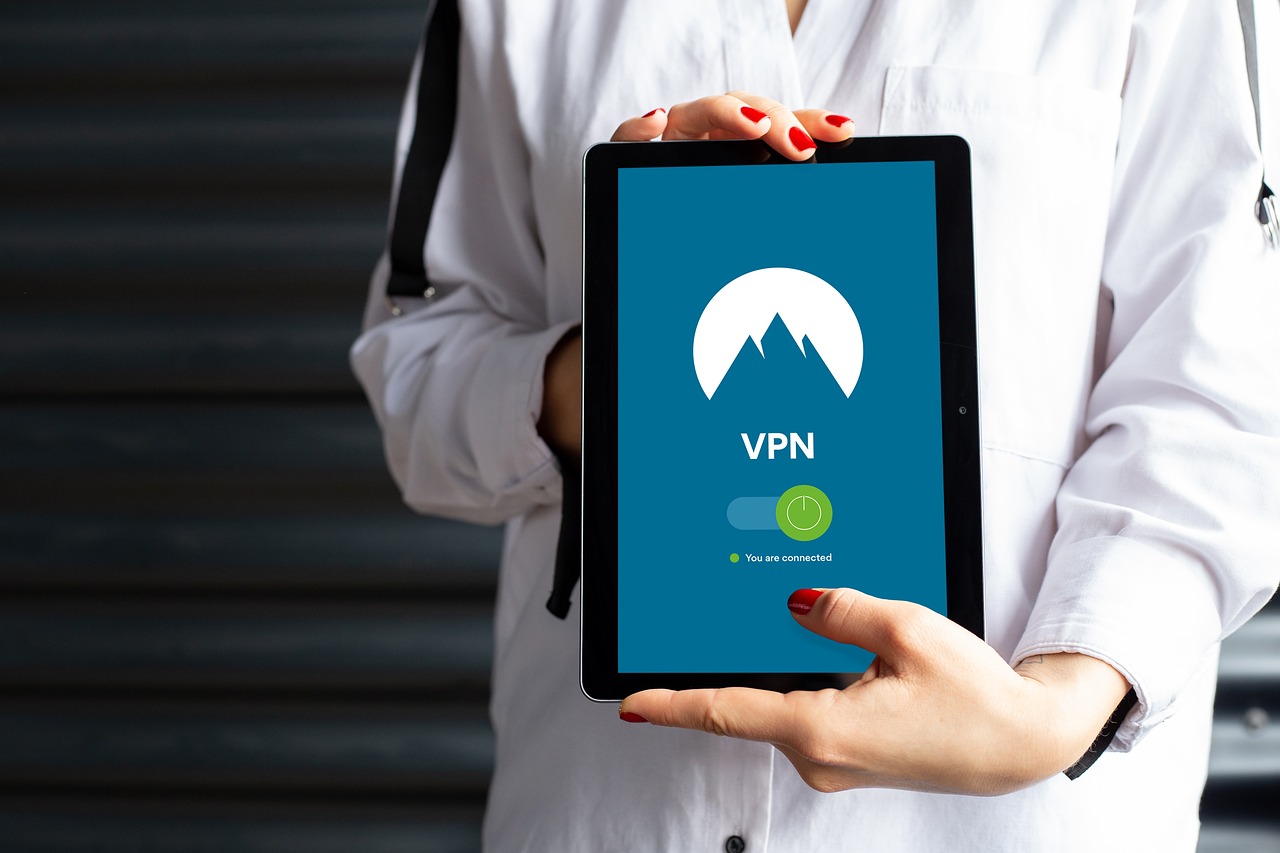
Signs It's Time for a Change
In the vast digital landscape we navigate daily, it's crucial to stay vigilant about our online security. One of the most telling signs that it's time to change your passwords is if you notice any unusual activity in your accounts. Have you received unexpected notifications about login attempts from unfamiliar locations? Or perhaps you've noticed transactions that you didn't authorize? These could be red flags indicating that your account may have been compromised. It's like finding an unexpected scratch on your car; it could be nothing, but it’s best to investigate.
Another significant indicator is if you’ve reused passwords across multiple sites. Think of it this way: using the same key for your front door, your car, and your office is a recipe for disaster. If one of those keys gets lost or copied, it puts all your doors at risk. Similarly, reusing passwords means that if one account is breached, all your other accounts are in jeopardy. So, if you find yourself in this situation, it's time to change those passwords!
Moreover, if it’s been a while since you last updated your passwords, it’s definitely time for a refresh. Cybersecurity experts often recommend changing your passwords every three to six months, especially for sensitive accounts. If you can’t remember the last time you did it, consider that a big red flag. Just like changing the oil in your car is essential for its longevity, updating your passwords is vital for your digital safety.
Lastly, if you've recently heard news about a data breach involving a service you use, don't wait for the dust to settle. Act swiftly! Companies often notify users about potential breaches, and if you receive such a notification, it's a clear sign that you should change your password immediately. This is akin to putting on a life jacket when you hear the lifeguard whistle; it’s better to be safe than sorry.
In summary, staying alert to these signs can help you maintain robust security for your online accounts. Regularly assessing your password health is not just a good habit; it’s a necessary practice in today’s digital world. Always remember: when in doubt, change it out!
- How often should I change my passwords? It's generally recommended to change your passwords every three to six months, especially for sensitive accounts.
- What should I do if I forget my password? Use the account recovery options provided by the service, which usually includes email or SMS verification.
- Are password managers safe to use? Yes, reputable password managers can enhance your security by generating and storing complex passwords securely.
- What makes a password strong? A strong password typically includes a mix of upper and lower case letters, numbers, and special characters, and is at least 12 characters long.
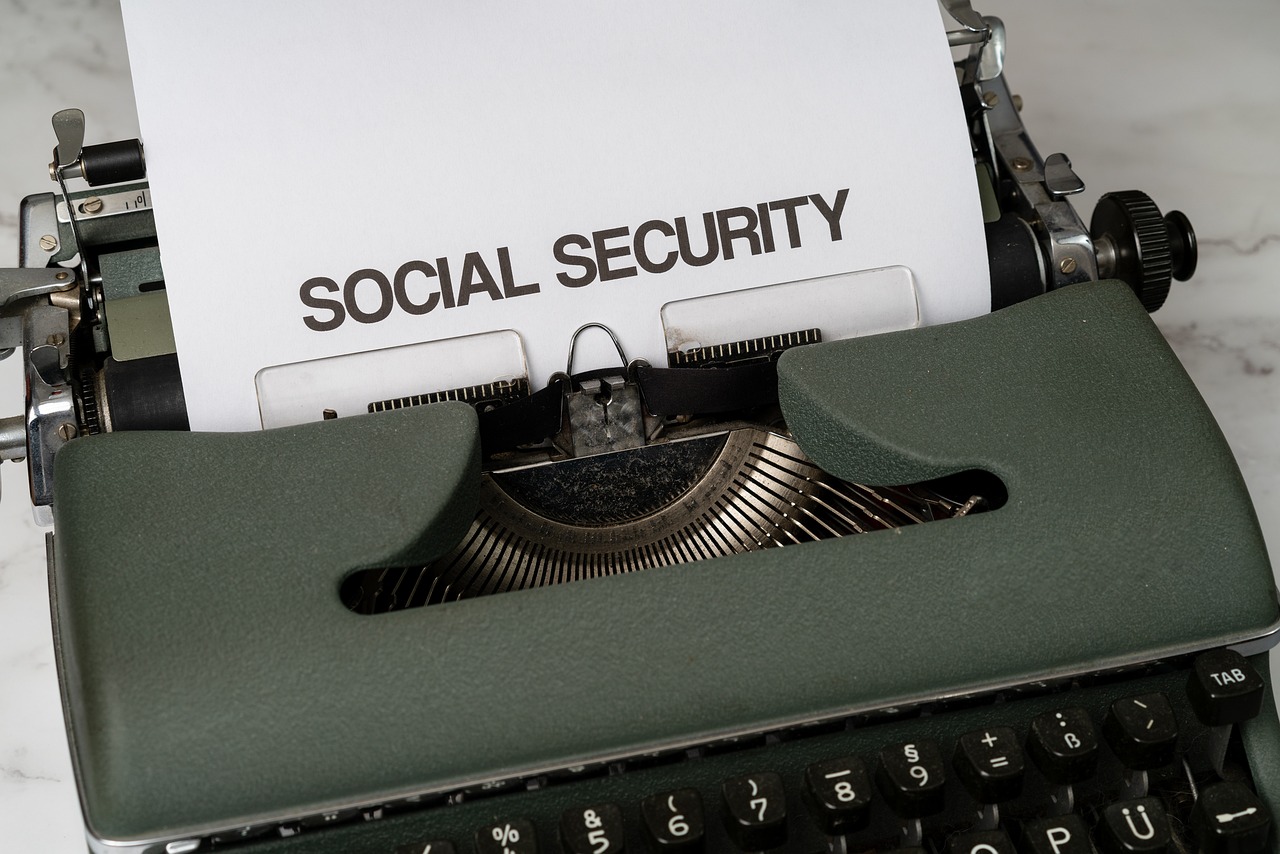
Best Practices for Creating Strong Passwords
When it comes to online security, your password is your first line of defense. Think of it as the lock on your front door; if it’s weak, anyone can waltz right in. To create a strong password, there are several best practices you should follow. First and foremost, a strong password should be unique and complex. This means it should not be easily guessable, and it should avoid common words or phrases. Instead, consider using a mix of uppercase letters, lowercase letters, numbers, and special characters. For example, instead of using "password123", try something like "P@55w0rd!2023". This combination of characters makes it much harder for hackers to crack your password.
Another important aspect of strong passwords is their length. A longer password is generally more secure. Aim for at least 12 to 16 characters. The longer the password, the more difficult it becomes for automated tools to guess it through brute force attacks. You can also think of your password as a sentence or a phrase – this can make it easier to remember while still being secure. For instance, "MyDogIsTheBest!2023" is both memorable and complex.
Additionally, it's crucial to avoid reusing passwords across different accounts. If one account gets compromised, all your other accounts become vulnerable. Instead, consider using a password manager, which can generate and store unique passwords for you. This way, you can have strong, complex passwords without the hassle of trying to remember them all. Remember, a password manager is like a safe where you keep all your keys – it keeps them organized and secure.
Lastly, always be cautious about sharing your passwords. Even if you trust someone, sharing your password can lead to unintended consequences. If you need to grant someone access to an account, consider using features like temporary access codes or sharing links that expire. This way, you maintain control over your accounts while allowing others to access them when necessary.
In summary, creating strong passwords is essential for safeguarding your online presence. By following these best practices, you can significantly reduce the risk of unauthorized access to your accounts. Remember, your password is your personal security blanket in the digital world, so make it as tough as possible!
- How often should I change my passwords? It’s recommended to change your passwords every 3 to 6 months, especially for sensitive accounts.
- What makes a password strong? A strong password is typically long, uses a mix of characters, and avoids easily guessable information.
- Should I use a password manager? Yes, a password manager can help you create and store unique passwords securely.
- Can I use phrases as passwords? Absolutely! Using a memorable phrase can enhance security while being easier to remember.

Characteristics of Strong Passwords
When it comes to creating a strong password, think of it as crafting a shield for your digital identity. Just like a well-constructed fortress keeps intruders at bay, a robust password protects your online accounts from potential threats. So, what makes a password truly strong? Well, there are several characteristics that you should keep in mind to ensure your passwords are not just a string of characters, but a powerful defense mechanism.
First and foremost, a strong password should be long. Experts recommend a minimum of 12 to 16 characters. The longer your password, the harder it becomes for hackers to crack it using brute-force methods. Imagine trying to guess a 4-digit PIN versus a 16-character password; the latter presents a far more daunting challenge!
Next, a mix of uppercase and lowercase letters, numbers, and special characters is essential. This variety not only adds complexity but also makes it less predictable. For instance, instead of using a simple word like "password," consider something like "P@55w0rd!2023". This combination of different character types significantly increases the password's strength.
Another important aspect is unpredictability. Avoid using easily guessable information such as your name, birthday, or common words. Think of your password as a secret recipe; if everyone knows the ingredients, it’s no longer a secret! Instead, consider using a passphrase – a sequence of random words that are memorable yet difficult for others to guess, like "PurpleElephantDances@Midnight!"
Lastly, it’s crucial to change your passwords regularly and avoid reusing them across multiple sites. If one account gets compromised, it can lead to a domino effect, exposing your other accounts. To help keep track of your passwords, consider using a password manager. These tools can generate strong passwords for you and store them securely, so you don’t have to remember every single one.
To summarize, here are the key characteristics of strong passwords:
- Length: Aim for at least 12-16 characters.
- Variety: Use a mix of letters, numbers, and symbols.
- Unpredictability: Avoid personal information and common words.
- Regular Updates: Change passwords periodically and don’t reuse them.
In conclusion, creating a strong password is like building a solid foundation for your online security. By incorporating these characteristics, you can significantly reduce your risk of falling victim to cyber threats. Remember, your digital safety is in your hands, so take the time to craft a password that stands strong against the ever-evolving landscape of cybercrime.
Q: How often should I change my passwords?
A: It's generally recommended to change your passwords every 3 to 6 months, especially for high-security accounts.
Q: Can I use a password manager?
A: Absolutely! Password managers are a great way to store and generate strong passwords securely.
Q: What should I do if I suspect my password has been compromised?
A: If you suspect a breach, change your password immediately and enable two-factor authentication for added security.
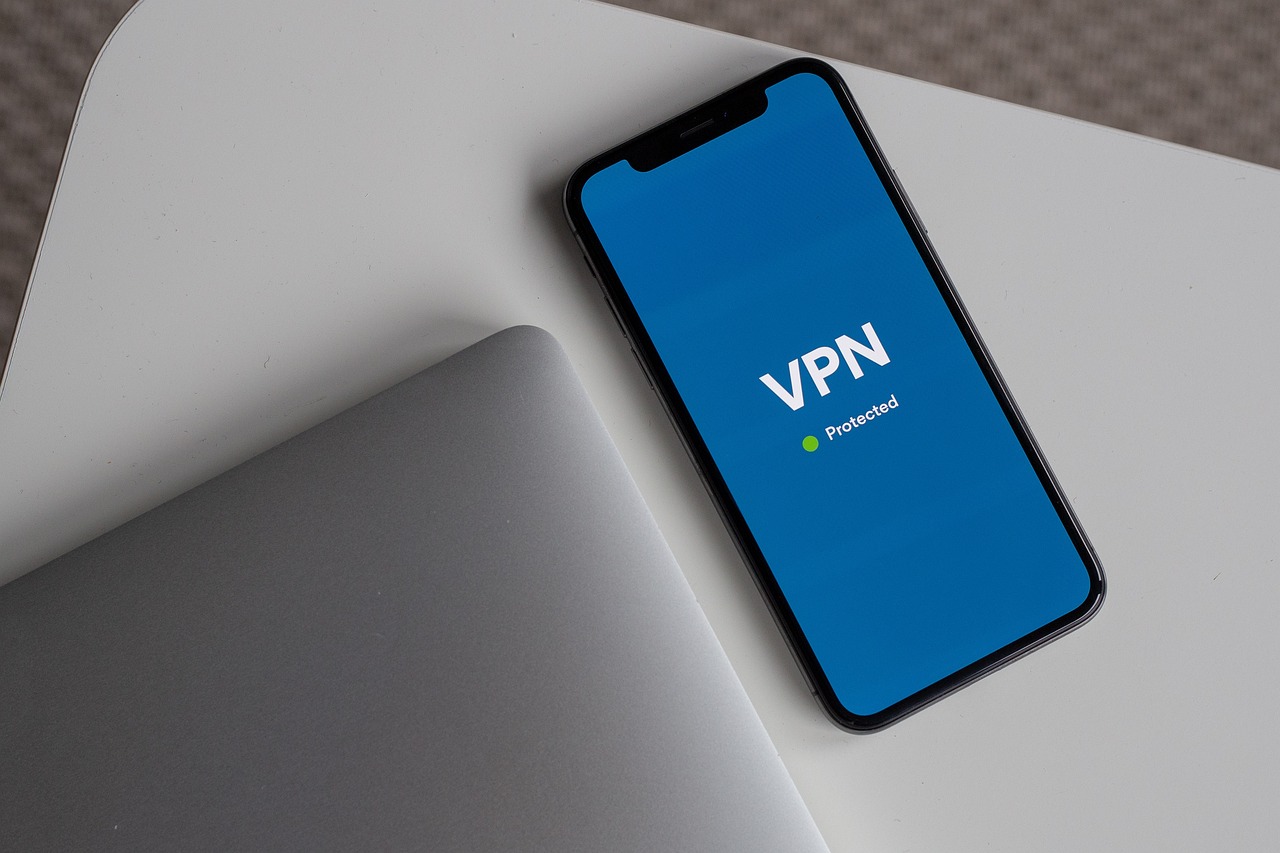
Avoiding Common Pitfalls
When it comes to password management, many people unwittingly fall into a series of traps that can jeopardize their online security. One of the most prevalent mistakes is the tendency to reuse passwords across multiple accounts. It might seem convenient to have a single password for everything, but if one account gets compromised, all your other accounts become vulnerable too. Imagine using the same key for your home, car, and office; if someone steals that key, they gain access to every aspect of your life. The same principle applies to passwords.
Another common pitfall is relying on easily guessable information. Using personal details such as your name, birthday, or even your pet's name can be a recipe for disaster. Cybercriminals often use social engineering techniques to gather such information, making it easier for them to crack your passwords. Instead, consider creating passwords that are random and complex. A good strategy is to use a passphrase—a series of random words strung together—which can be both memorable and secure.
Furthermore, many individuals neglect to update their passwords regularly. While it might feel like a hassle, especially if you have numerous accounts, setting a reminder to change your passwords every few months can significantly enhance your security. Think of it as changing the locks on your doors periodically; it’s a simple step that can prevent unwanted intrusions.
Lastly, using public Wi-Fi networks without a VPN can expose your passwords to potential snoopers. When you connect to a public network, it’s like broadcasting your information on a loudspeaker for anyone nearby to hear. Always ensure you’re using a secure connection, particularly when entering sensitive information. Remember, it’s better to be safe than sorry!
- How often should I change my passwords? It's advisable to change your passwords every 3 to 6 months, especially for sensitive accounts.
- What makes a strong password? A strong password is typically at least 12 characters long and includes a mix of upper and lower case letters, numbers, and special characters.
- Is it safe to use a password manager? Yes, using a reputable password manager can help you create and store complex passwords securely.
- Should I use two-factor authentication? Absolutely! Two-factor authentication adds an extra layer of security, making it much harder for unauthorized users to access your accounts.
Frequently Asked Questions
- How often should I update my passwords?
It's generally recommended to update your passwords every 3 to 6 months. However, if you have a high-security account, like banking or healthcare, consider changing it more frequently, especially if you suspect any security breaches.
- What are the signs that I need to change my password?
Some clear indicators include receiving unusual login alerts, noticing unauthorized transactions, or if you've shared your password with someone. If you hear about a data breach involving a service you use, it's also a good time to change your password.
- What makes a password strong?
A strong password typically includes a mix of uppercase and lowercase letters, numbers, and special characters. Aim for at least 12 characters in length, as longer passwords are generally more secure.
- Is it safe to reuse passwords across different accounts?
No, reusing passwords can be risky. If one account gets compromised, all other accounts using the same password could be at risk. Always aim for unique passwords for each account to enhance security.
- What should I do if I forget my password?
If you forget your password, use the "forgot password" feature typically available on login pages. This usually involves receiving a reset link via email or SMS, allowing you to create a new password securely.
- Are password managers safe to use?
Yes, password managers are generally safe and can help you create and store complex passwords securely. Just make sure to choose a reputable password manager and enable two-factor authentication for added security.
- What should I avoid when creating passwords?
Avoid using easily guessable information like birthdays, names, or common words. Also, steer clear of simple patterns or sequences like "123456" or "password." The more unpredictable, the better!



















